
Why Choose Chiang Rai?
In Chiang Rai, there are no skyscrapers and sprawling suburbs. Instead, you’ll find a city framed by rolling hills, bustling morning markets, and temples that glow gold against the green. The city is small enough to feel familiar, yet packed with character that keeps surprising you.
From hidden coffee shops to vibrant festivals and winding roads that lead to mountain lookouts, there’s always something to do. But teaching here means stepping into a slower rhythm of life, where weekends can take you from wonderful waterfalls to sleepy border towns, and the people you meet quickly become part of your story.
It’s also a place where food and culture shine. The northern Thai kitchen is bold, comforting, and diverse. And coffee lovers are spoiled too, the highlands around Chiang Rai produce some of the finest beans in the world, often grown by Akha communities who take pride in both tradition and innovation. Sharing meals, learning stories, and tasting new flavours become part of your everyday life.
Chiang Rai also a city of great contrast. The famous White Temple dazzles with bright, surreal architecture, while the night bazaar buzzes with sizzling woks and live music. Yet ten minutes later, you can be surrounded by rice paddies and serene silence. The mix keeps life interesting, never overwhelming.
But for many teachers, the real highlight is the people, Chiang Rai makes it easy to feel you belong.
Location and Climate
Nestled in Thailand’s far north, near where the borders of Myanmar and Laos meet at The Golden Triangle, Chiang Rai feels both connected and remote in the best ways. The city centre is small and manageable, so travelling across town often takes less than twenty minutes. Streets are calm compared with larger Thai cities, which makes exploring by scooter an easy part of daily life. Markets, cafés, and temples cluster in the centre, but a short drive quickly leads you into countryside scenes of rice terraces, forested hills, and winding rivers. Within an hour you can trade busy streets for fresh air and panoramic mountain views.
For longer journeys, Chiang Rai International Airport is incredibly convenient. It’s so compact that you can often go from being dropped off outside to waiting at your gate in around five minutes. Direct flights to Bangkok run daily, keeping the capital just over an hour away. From there, you can connect to anywhere. Buses also link Chiang Rai to Chiang Mai in roughly three hours, making it easy to spend time in Thailand’s other northern hub.
The seasons here are distinct. Between November and February, days are sunny and evenings refreshingly cool, a welcome change from Thailand’s usual heat. March to May brings hot afternoons and the burning season, while June to October delivers bursts of monsoon rain that paint the countryside green and swell the waterfalls. Each part of the year has its own charm, and this variety ensures life in Chiang Rai always feels connected to the changing rhythm of nature.
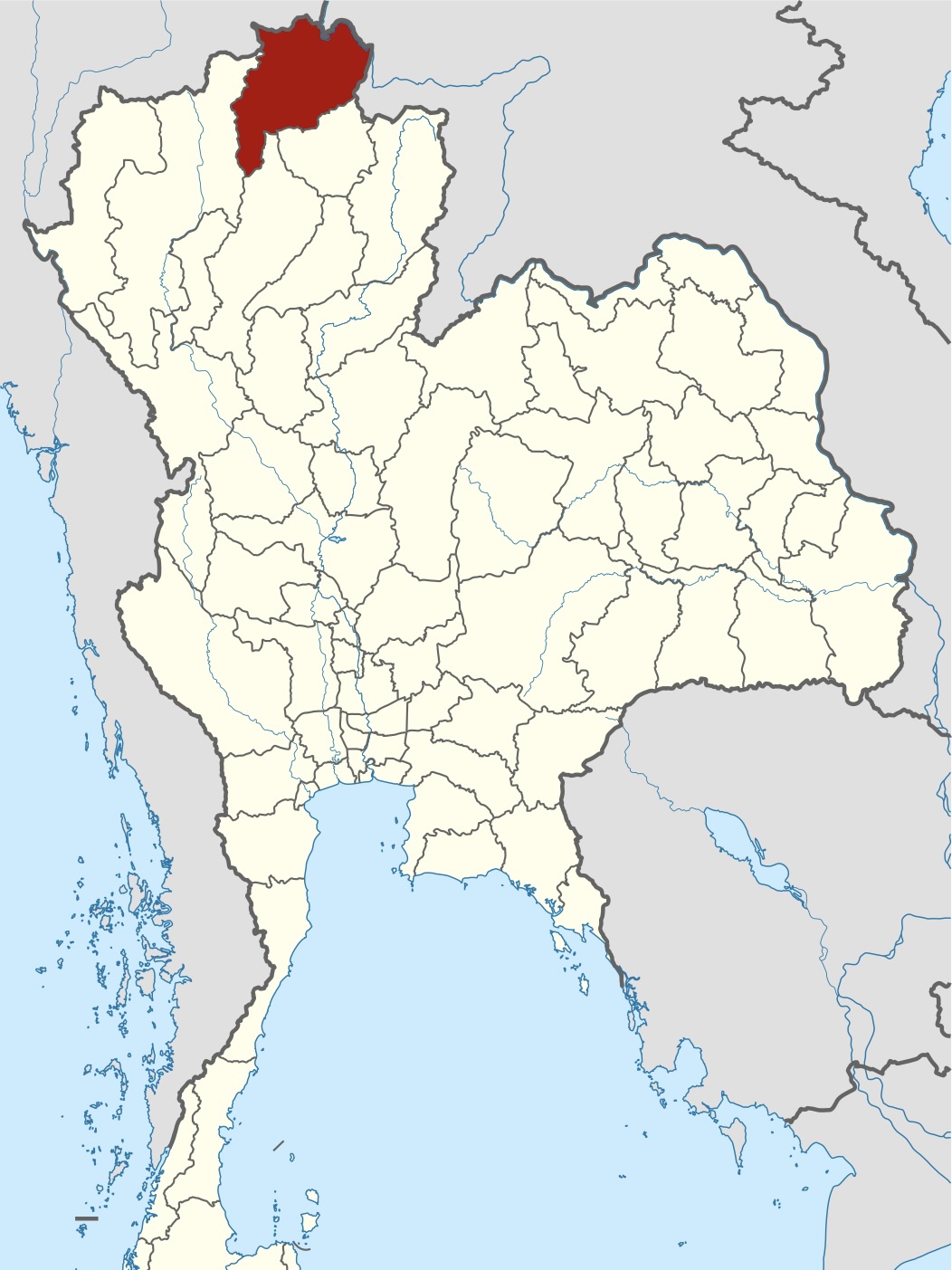

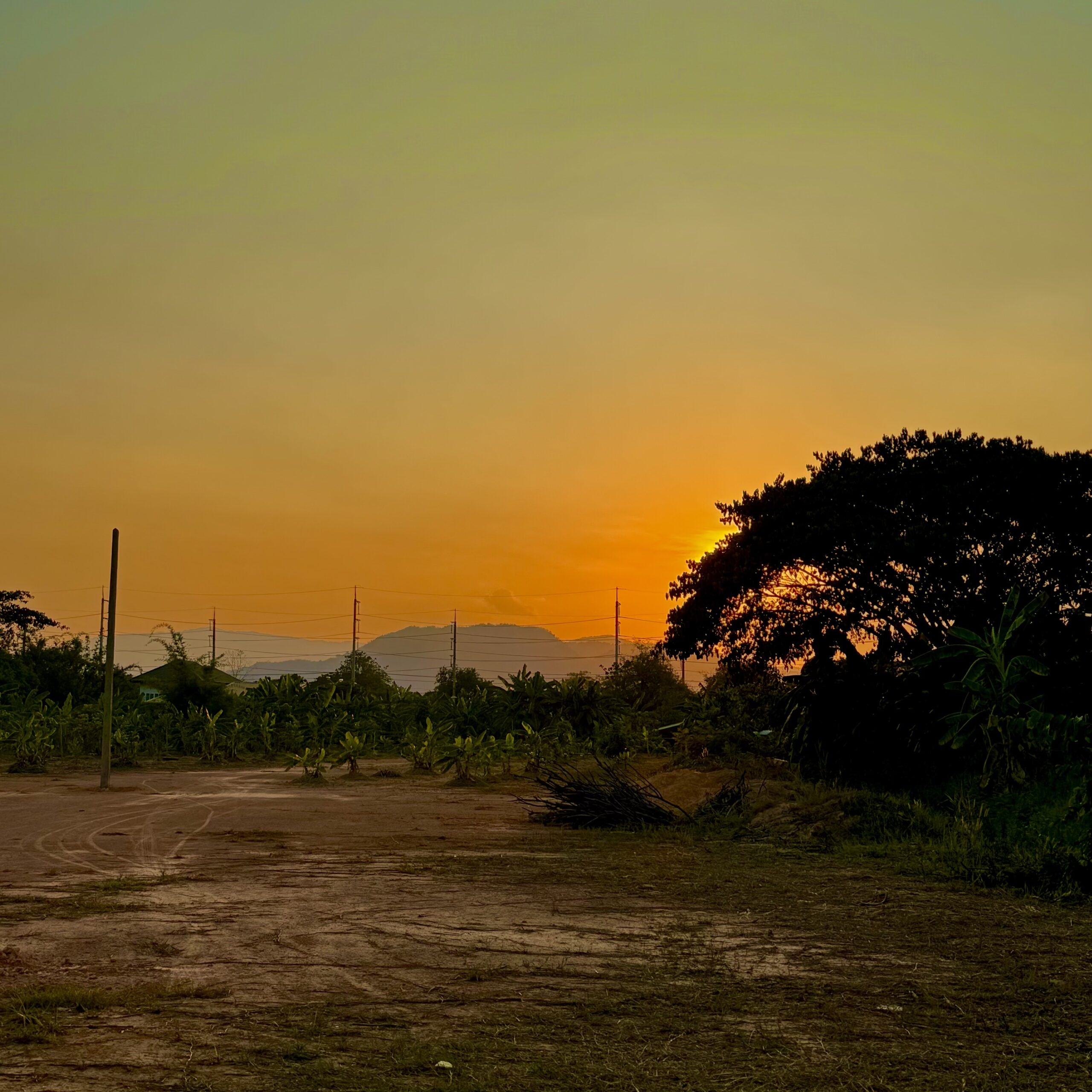
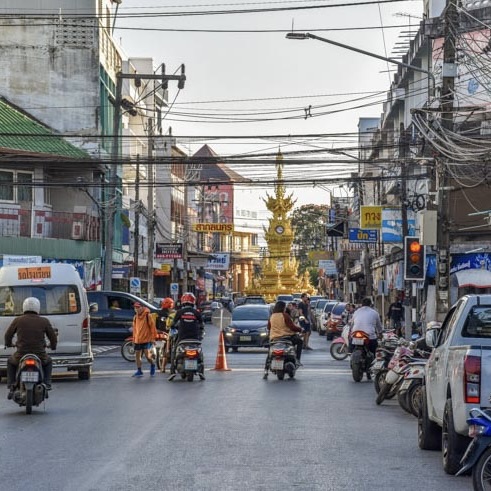
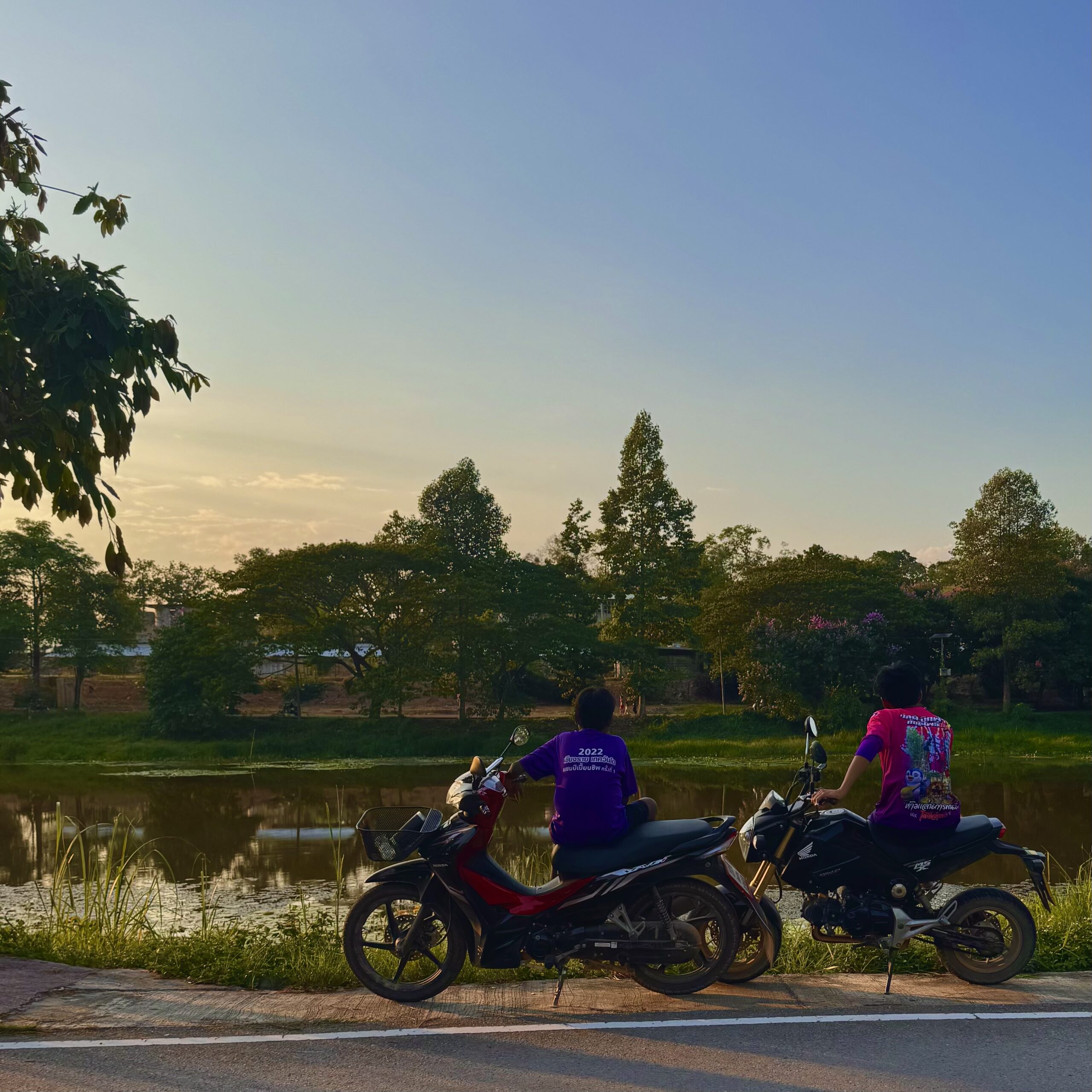
Is Chiang Rai Right for You?
Choosing Chiang Rai means embracing a lifestyle that is calm yet purposeful. Life here moves at a slower pace, so it rewards teachers who find joy in steady routines and who don’t need constant bustle to feel fulfilled. Your weekdays will be focused on school, where dedication and professionalism matter. Pupils and colleagues notice when you put real energy into your lessons, and taking your role seriously will quickly earn you respect.
But outside of the school, your time is all yours, and it’s your openness that shapes the experience. Chiang Rai is deeply rooted in tradition, and although comfortable for Westerners, isn’t the best place if you want to live a ‘Western lifestyle’. Showing interest in local culture, whether by learning some Thai or being brave enough to try dishes you’ve never heard of, all helps you connect. Enthusiasm for Thai culture is key.
It also helps to be proactive. Friendships don’t always happen overnight, but by joining school events, exploring with other teachers, or chatting to neighbours, you’ll soon find yourself part of a network. If you’re curious, sociable, and happy to step forward, Chiang Rai will feel like the perfect place for you.
5 Things to Do in Chiang Rai

Retail Therapy at Saturday Market
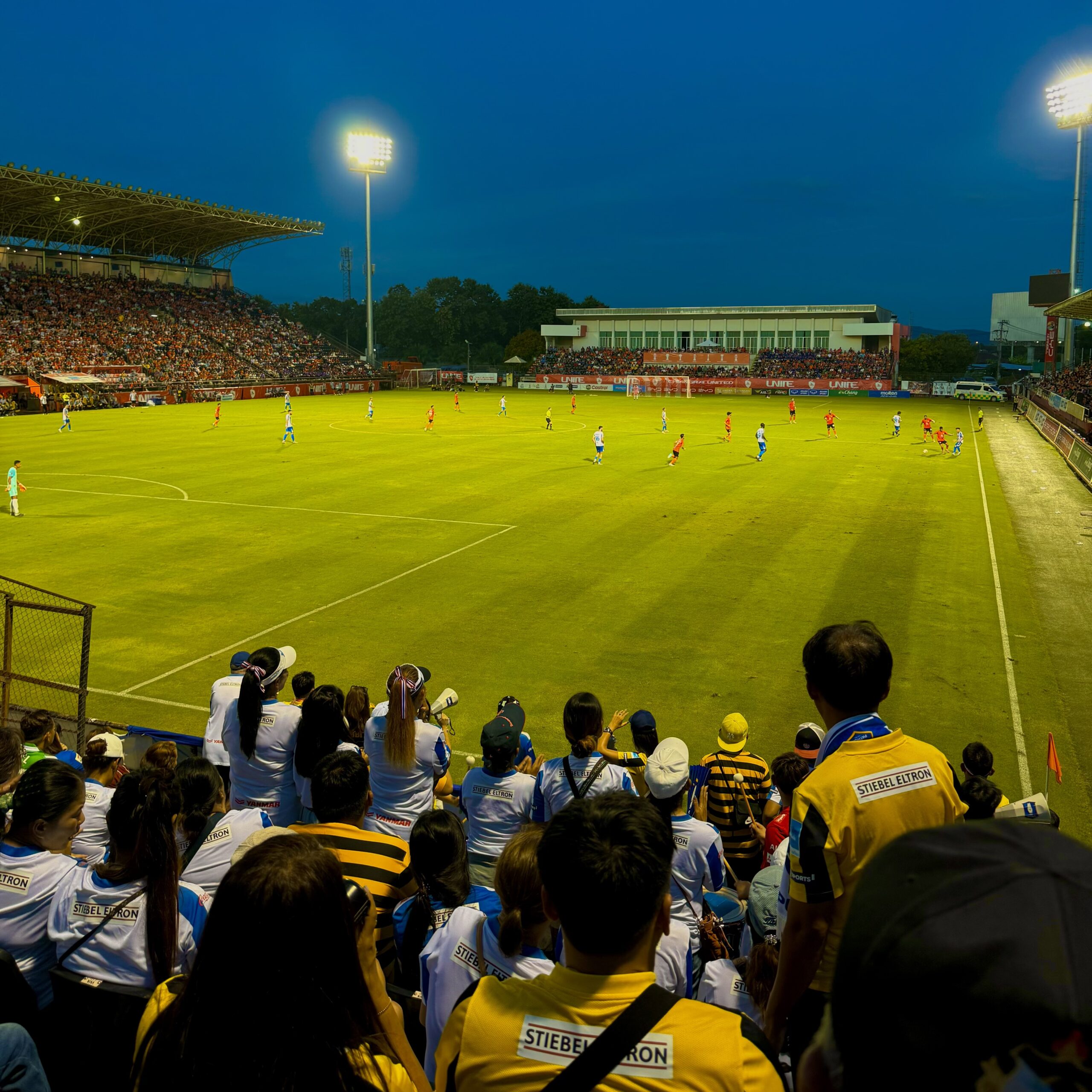
Support Chiang Rai United

Explore the Mountains
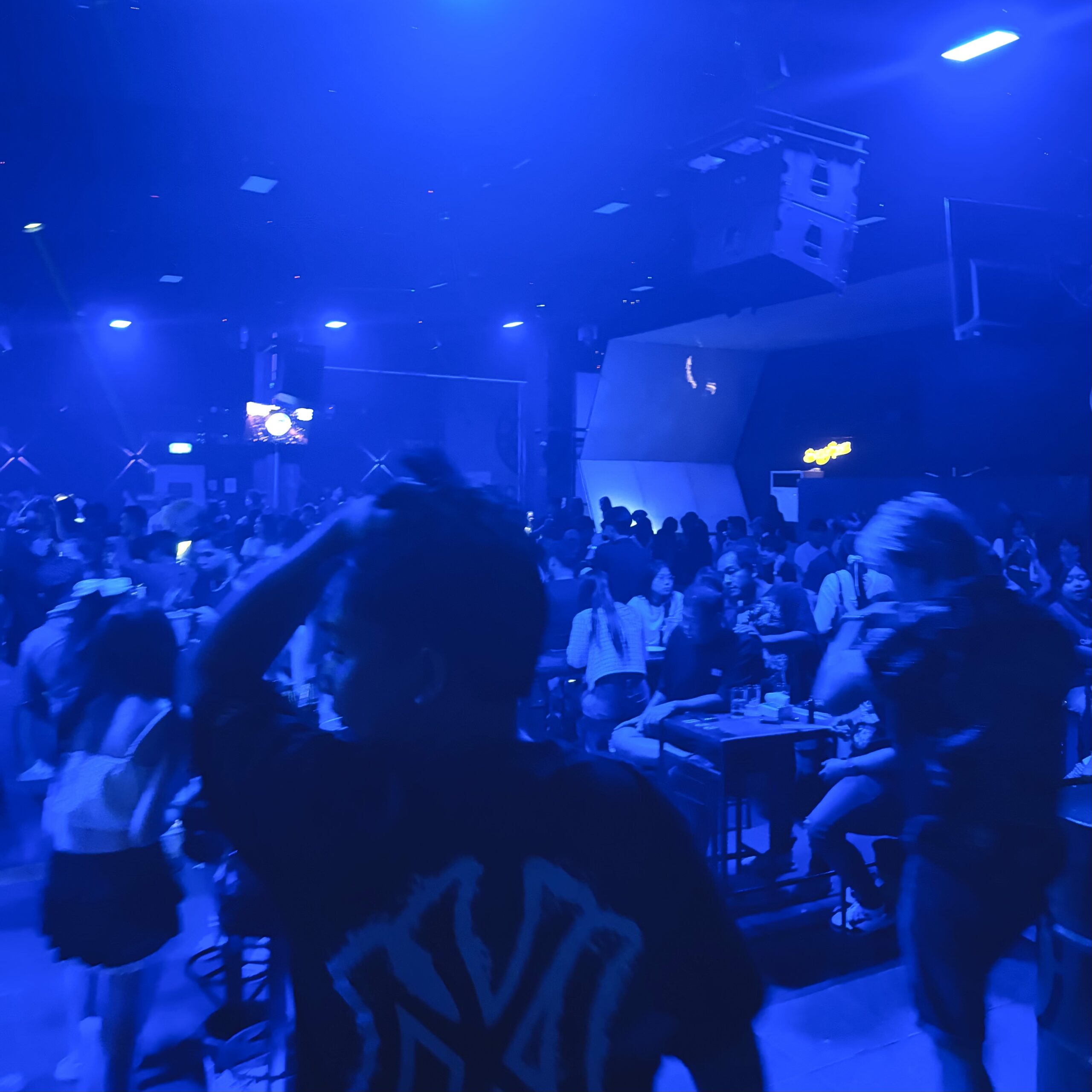
Party with the Locals
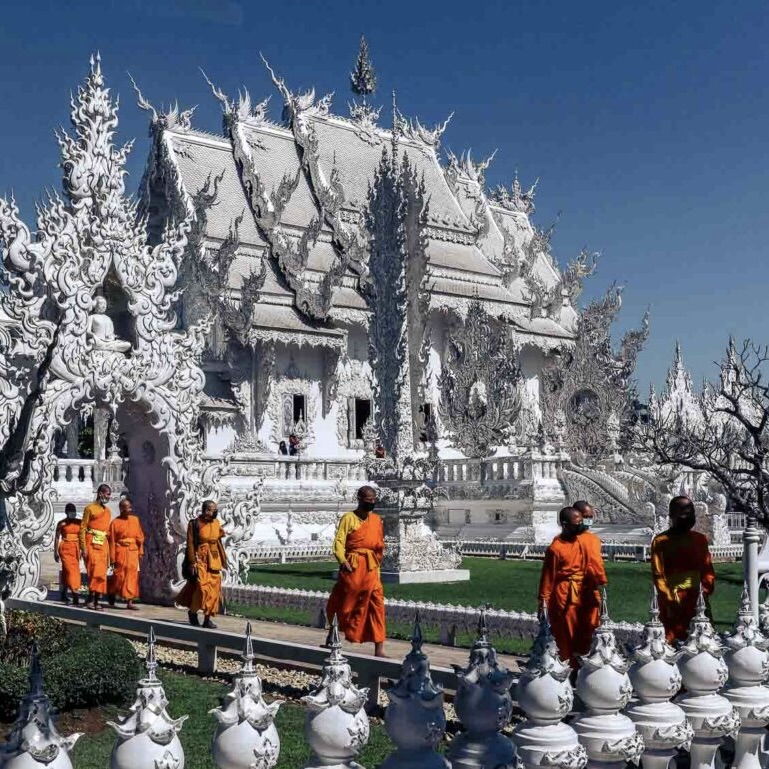
Marvel at the White Temple

School Life
Right in the heart of Chiang Rai, our partner kindergarten is a lively hub where the day begins with the sound of children arriving, the enticing smell of food carts setting up outside, and colleagues greeting one another before lessons get underway. The central location means the school is surrounded by cafés, small restaurants, and stalls that quickly become part of your daily routine.
Inside, teaching is focused on younger learners, with most roles in kindergarten and primary levels. Your timetable usually includes 22 to 25 teaching hours each week, spread from Monday to Friday, alongside time for preparation and occasional school events. Lessons lean towards being interactive and engaging. This can come in the form of songs, games, crafts, and role-play are common, balanced with phonics and vocabulary practice. Class sizes are manageable, giving you space to get to know each child and build their confidence.
Support from the school is strong. You’ll have guidance on lesson aims, but plenty of freedom to adapt activities and bring your own ideas. Colleagues are welcoming, and staff will often help with practicalities such as arranging accommodation, sorting a bank account, or offering advice on local services.
Altogether, school life here combines structure with creativity. You’ll be part of a team, enjoy a friendly environment, and work right in the centre of a city buzzing with everyday life. All you need is a degree in any subject and a TEFL, which we can help you get, to get started.
3 Must Try Foods in Chiang Rai
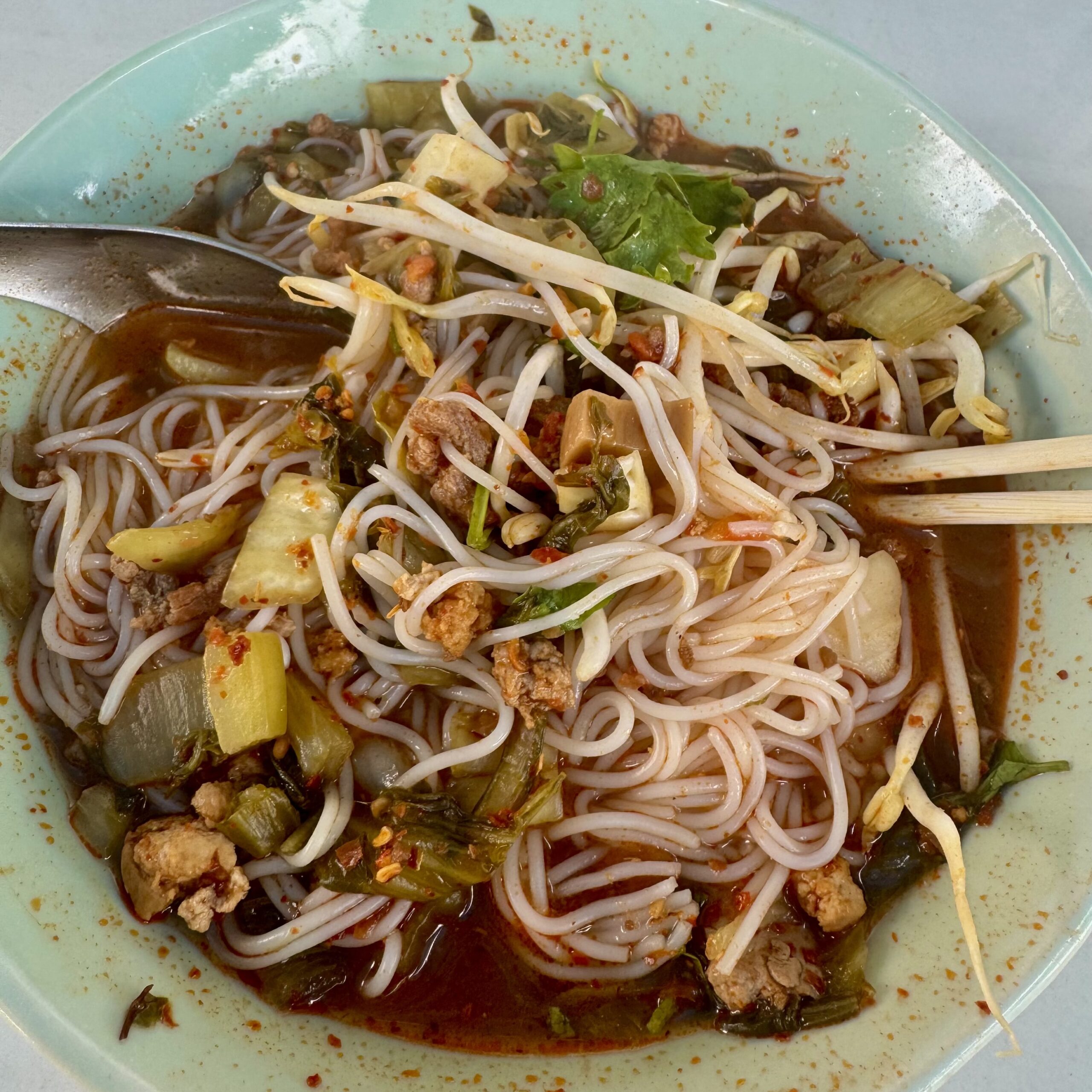
Nam Ngiao Noodles

Locally Grown Coffee

Fried Sour Fish
Cost of Living
One of the biggest advantages of living in Chiang Rai is how far your money goes. The school will arrange an apartment for you at ฿X per month, so you don’t need to spend time house-hunting when you arrive, teachers in the past have loved it. Beyond rent, everyday expenses remain very affordable. Eating at markets and small restaurants is cheap and tasty. Utilities and transport costs are low, and the city’s compact size means you rarely overspend on travel. Most teachers find they live comfortably on £600 to £700 a month, with room for trips and small savings too.
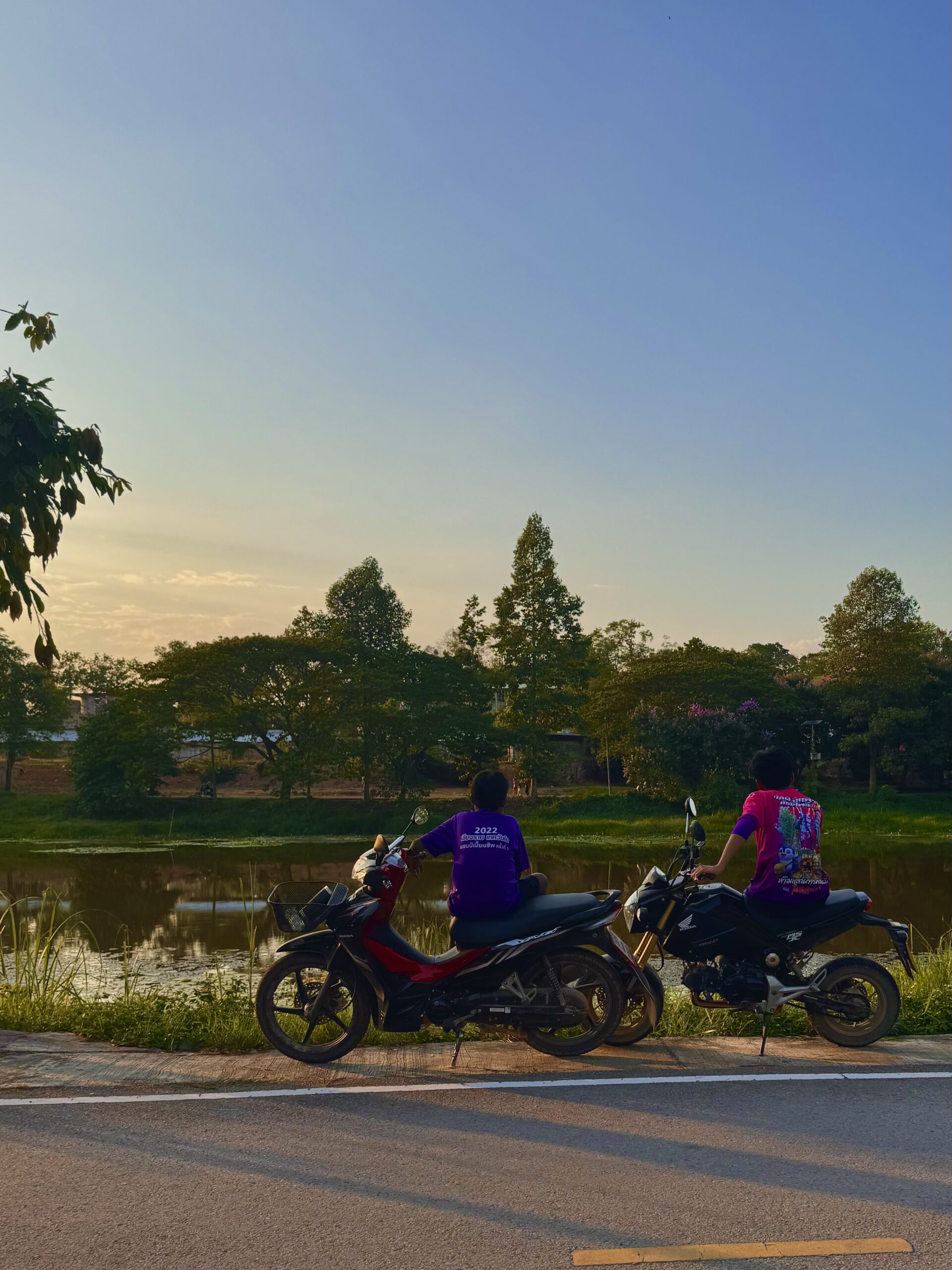
Salary
With the low cost-of-living in Chiang Rai, the monthly salary of ฿35,000 (around £800) that our teachers receive stretches a long way. A feast at the Saturday night market might cost no more than ฿150 baht, a coffee enjoyed on the side of a mountain can be yours for around ฿50 baht, and day trips are often free. Your salary covers rent, food, and transport with ease, while still leaving room for travel and savings. Life here is affordable, rewarding, and filled with memorable experiences. But if you really want to boost your salary by doing some extra teaching, you’ll have the time to do so.
